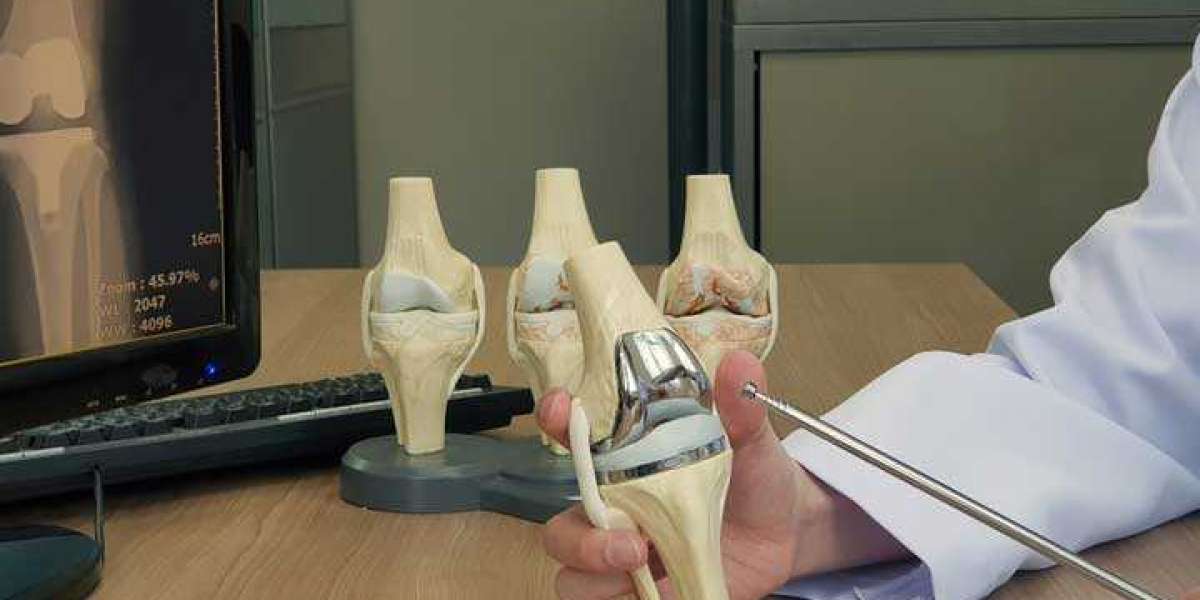Stainless steel safety valves play a crucial role in maintaining the integrity and safety of industrial systems, particularly in scenarios where pressure regulation is essential. These valves are meticulously engineered to withstand high pressures and temperatures, ensuring reliable operation and preventing catastrophic failures. The design and material composition of a stainless steel safety valve are key factors that contribute to its effectiveness and performance across diverse industrial applications.
The first aspect to consider is the design of the valve. Stainless steel safety valves are typically constructed with a robust body that can endure the stresses associated with pressure differentials. The body is designed to provide sufficient strength and rigidity, preventing deformations that could compromise the valve's functionality. Additionally, the valve's internal components, such as the disk, seat, and spring, are carefully engineered to allow for smooth and precise operation. The geometry of these components ensures proper sealing and facilitates the reliable release of excess pressure.
The material composition of stainless steel is another vital element that enhances the valve's reliability. Stainless steel is renowned for its exceptional corrosion resistance, which is crucial in environments where exposure to corrosive substances is prevalent. This resistance protects the valve from degradation, ensuring its longevity and preventing leaks that could jeopardize the system's safety. Furthermore, stainless steel exhibits excellent mechanical properties, including high tensile strength and toughness, which enable the valve to withstand substantial pressure differentials without failure.
One of the primary advantages of stainless steel safety valve is their versatility in handling a wide range of fluids, gases, and temperatures. Stainless steel is highly compatible with various media, including aggressive chemicals and corrosive gases, making it suitable for applications across industries such as oil and gas, chemical processing, pharmaceuticals, and power generation. Moreover, stainless steel valves are capable of withstanding extreme temperatures, from cryogenic conditions to high-temperature environments, without compromising their performance. This versatility makes them indispensable in industries with diverse operating conditions.
In addition to the design and material composition, the manufacturing process and quality control procedures are crucial factors that determine the reliability of stainless steel safety valves. Reputable manufacturers employ stringent quality assurance protocols to ensure that each valve meets stringent industry standards and specifications. This includes rigorous testing for pressure ratings, leakage rates, and operational characteristics. By adhering to these stringent quality control measures, manufacturers can guarantee the performance and reliability of stainless steel safety valves.
Furthermore, regular maintenance and periodic inspections are essential for the continued performance of stainless steel safety valves. Proper maintenance practices, such as cleaning, lubrication, and calibration, help prolong the valve's service life and ensure its optimal functionality. Additionally, periodic inspections allow for the early detection of any wear, corrosion, or damage, enabling timely repairs or replacements to prevent unexpected failures.
In conclusion, the design and material composition of stainless steel safety valves play a critical role in their reliability and performance in industrial applications. The robust design, combined with the corrosion-resistant properties of stainless steel, allows these valves to withstand high pressures, temperature variations, and corrosive environments. Their versatility in handling different media and their compatibility with various industries make stainless steel safety valves an indispensable component in ensuring the safety and integrity of industrial systems. However, proper manufacturing processes, stringent quality control measures, and regular maintenance are necessary to guarantee their continued performance and reliability throughout their service life.



